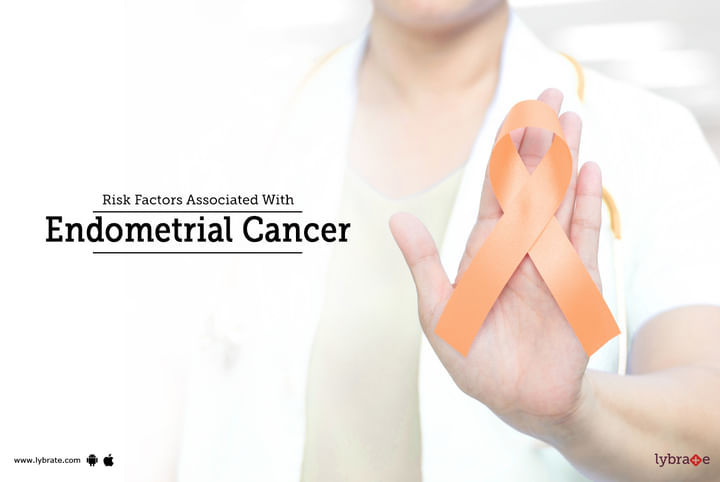Risk Factors Associated With Endometrial Cancer
Endometrial cancer refers to the type of cancer that begins in the inner lining of the uterus, known as the endometrium. The exact causes of this type of cancer are not clearly known. However, research indicates that there are certain factors that lead to genetic mutations in the endometrium or increase the likelihood of developing endometrial cancer.
Risk factors associated with the incidence of endometrial cancer include the following –
Hormonal imbalance – The ovaries produce two primary female hormones – progesterone and oestrogen. An imbalance of these two hormones can cause changes in the inner lining of the uterus. A certain condition or disease that levels up the amount of oestrogen and not progesterone in the body can increase the risk of endometrial cancer, for example – irregular ovulation due to PCOS, diabetes, and obesity.
Prolonged menstruation – Menstruating at an early age, usually before age 12, or the late onset of menopause is likely to increase a person’s chances of developing endometrial cancer.
Never been pregnant – Those who have never been pregnant stand a greater chance of getting endometrial cancer than those who have had one pregnancy at least.
Older age – The chances of developing endometrial cancer increases with age. This type of cancer is more common post-menopause.
Obesity – People, who are obese, are at a greater risk of getting endometrial cancer because excess body fat may alter the hormonal balance of the body.
Hormone therapy – Certain types of drugs taken during hormone therapy can make you prone to endometrial or uterine cancer. It is advisable that you discuss the dosage of such drugs with your doctor before undergoing therapy.
Genetic colon cancer syndrome – Hereditary Nonpolyposis Colorectal Cancer (HNPCC) or Lynch syndrome can increase the risk of colon cancer and endometrial cancer. The syndrome is caused due to genetic mutation passed from parents to the offspring.
Once you are aware of the risk factors of endometrial cancer, keep an eye out for its symptoms.
Symptoms to Watch Out for
The most commonly observed symptom of endometrial cancer is abnormal vaginal bleeding. Other signs may include –
- Changes in the pattern of menstruation
- Spotting or vaginal bleeding between periods
- Bleeding from the vagina post menopause
- Blood-tinged or watery vaginal discharge
- Pain during intercourse
- Pain in the pelvis or lower abdomen
Upon encountering any of these symptoms, consult a doctor right away. He/she can help you identify the symptoms in the initial stage through screening tests and prescribe appropriate treatment for endometrial cancer.


+1.svg)
